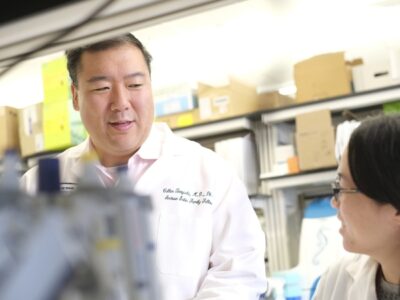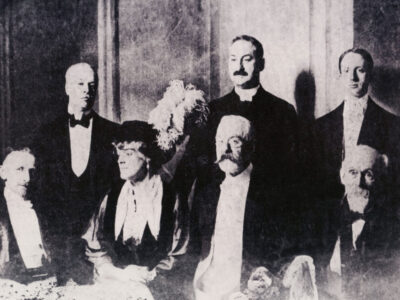On Dec. 21, 1973, Jerry D. Boyd ran the first printing of a little newsletter that would become The Cancer Letter.
We unexpectedly lost a dear friend and colleague, Dr. Cullen Taniguchi, in mid-November. Dr. Taniguchi was an exceptional and compassionate clinician, brilliant scientist, and nurturing mentor. Above all, he was a dedicated and loving husband, father, son, and brother. We deeply mourn his loss, but we forever cherish the memories and indelible legacy that he leaves with us.
We think of the compilation of The Cancer Letter’s most-read stories as an end-of-year snapshot of oncology’s priorities.
What drew Jim Allison to T cells, Hagop Kantarjian to leukemia, or Betty Ford and Nancy Reagan to breast cancer advocacy?
ConcertAI, a company focused on real-world evidence and generative AI, has acquired CancerLinQ, a real-world data and quality of care technology service that was launched by the American Society of Clinical Oncology a decade ago.
The decision by the American Society of Clinical Oncology to venture into the business of Big Data was inspired by the American Recovery and Reinvestment Act of 2009, a law focused on “putting America back to work,” Clifford A. Hudis, ASCO’s CEO said to The Cancer Letter.
NCI’s Surveillance, Epidemiology, and End Results Program in the Division of Cancer Control and Population Sciences at NCI is marking 50 years of cancer surveillance.
Worta McCaskill-Stevens, MD, died on Nov. 15 from complications from a sarcoma. She was 74.
Worta McCaskill-Stevens, MD, a medical oncologist, former director of the NCI Community Oncology Research Program (NCORP), and a tireless champion of addressing cancer disparities, passed away peacefully on Nov. 15. We share our deep condolences with her family, friends, colleagues, and those she impacted in her accomplished and inspirational career.
2023 marks the 110th anniversary of the founding of the American Cancer Society.















